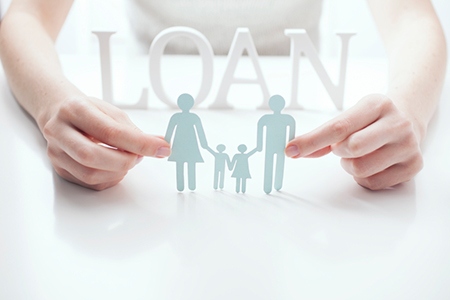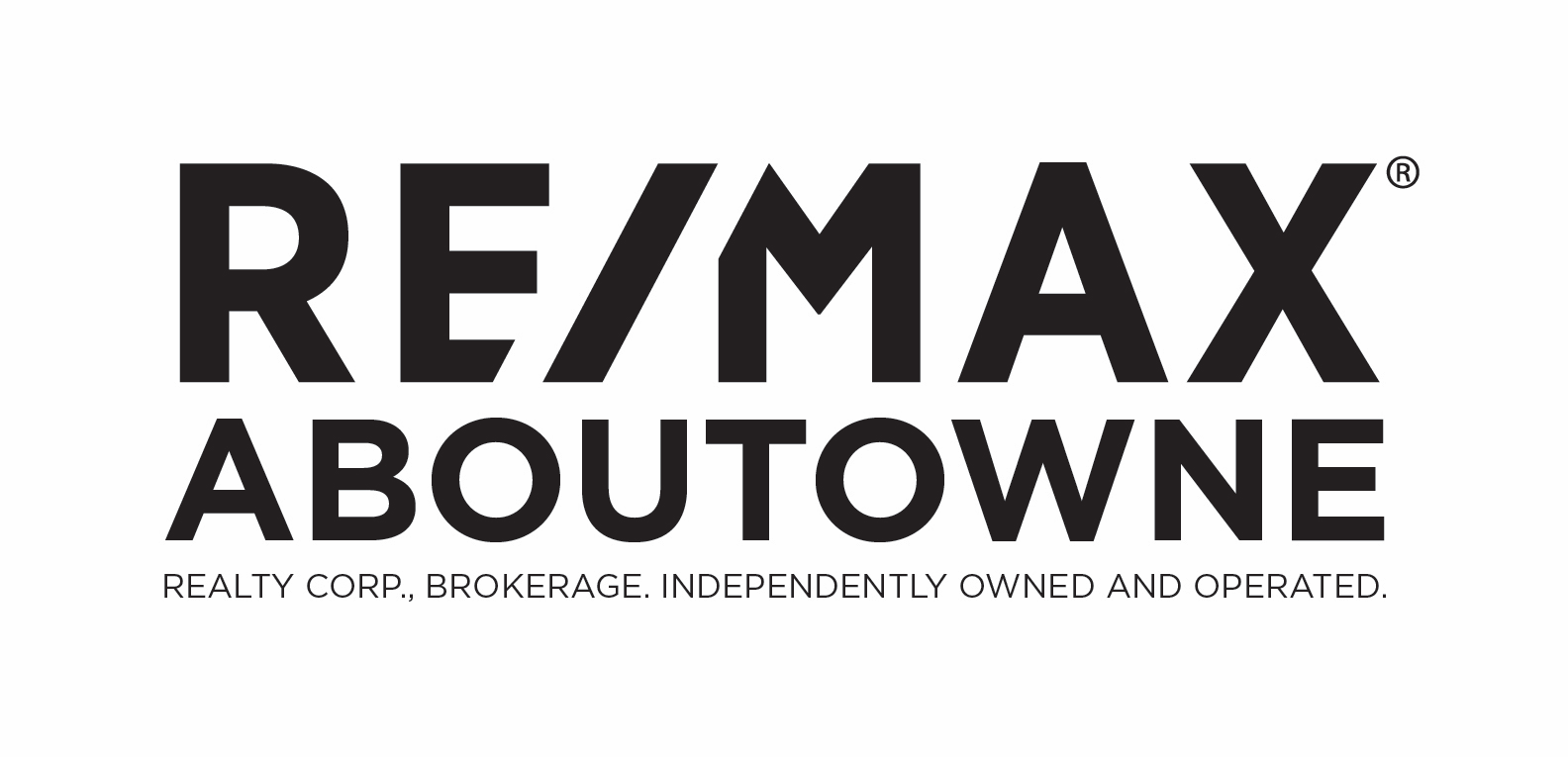
Loan Assistance Options for Disabled Homebuyers
With about 56.7 million people living with a disability in the United States, according to Census Bureau data, there are plenty of disabled people who may need help buying a home.
The good news is, help is available. Here are some laws and programs designed to make homeownership more possible for the disabled:
Federal law: The Fair Housing Act prohibits lenders, sellers and real estate agents, among other housing providers, from discriminating against the disabled in the home-buying process.
They also can’t be discriminated against by preventing them from making reasonable modifications to the property, such as accessibility ramps. The act requires that builders of multifamily residences meet certain accessibility standards, such as wide doors for wheelchairs.
Housing counselors from the Department of Housing and Urban Development, or HUD, are available to help the disabled buy a home or deal with other housing issues.
Another HUD program — the Section 8 Homeownership Voucher Program — helps low-income people to rent or buy a house by subsidizing their monthly mortgage payments.
High debt-to-income ratio: Homebuyers with a low income can have difficulty getting a home loan, and people with disabilities earn less on average than most Americans.
Less income can lead to higher debt, and a high debt-to-income ratio of 43 percent can prevent borrowers from being approved for a home loan.
A disabled homebuyer with a ratio as high as 50 percent can get help through the Fannie Mae HomeReady program, which allows the income of someone else who is living in the home with the borrower to be considered household income to help them qualify for the loan.
Financial aid: Down payment assistance, such as Individual Development Accounts, or IDAs, help low-income families buy homes by giving them grants for a down payment. Programs differ by state.
Help for vets: Disabled veterans can get a Specially Adapted Housing Grant from the U.S. Department of Veterans Affairs to build or remodel a home for disabled access, or to use toward an existing mortgage that’s adapted for disabilities.
Buying a home for the first time can be daunting. Whether you’re disabled or not, seeking help from a trusted real estate professional will make the process easier.
Aaron Crowe is a freelance journalist who specializes in personal finance topics.
